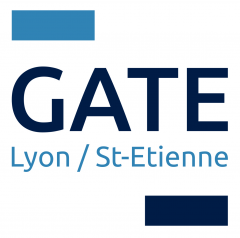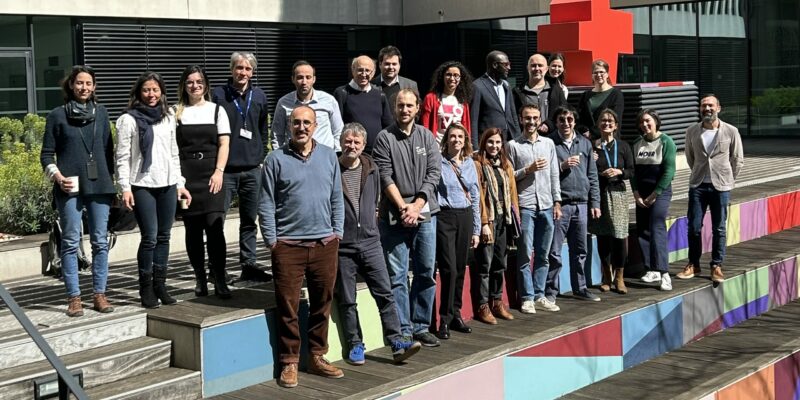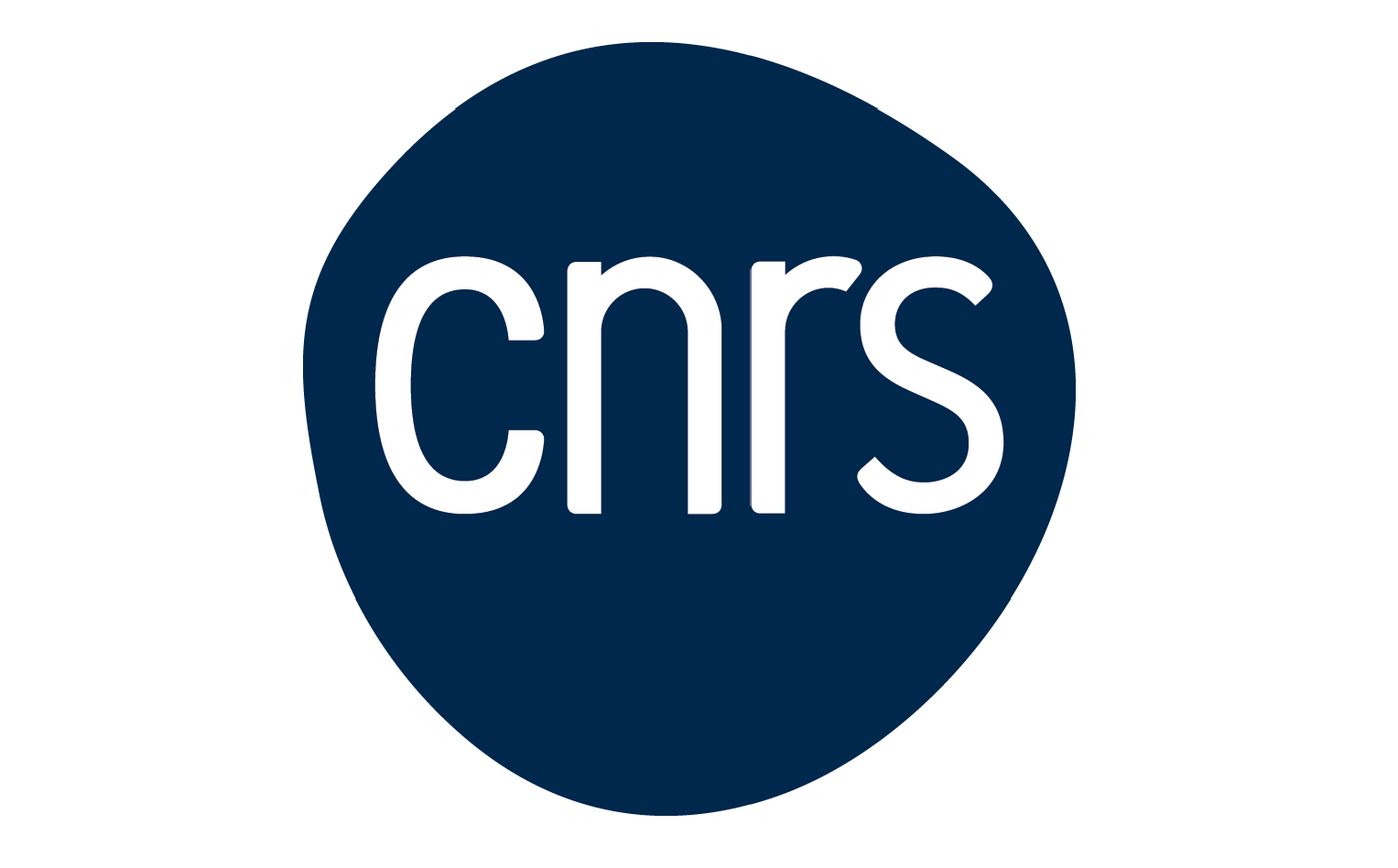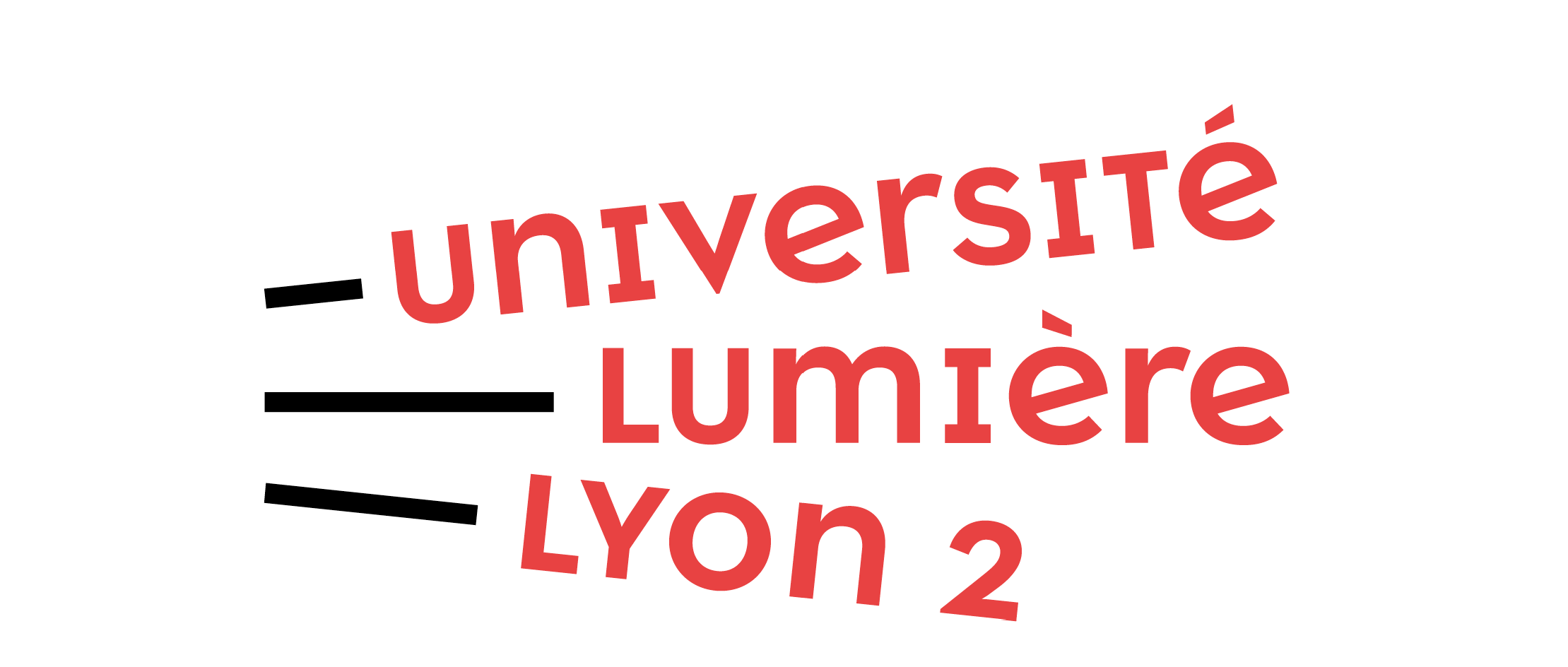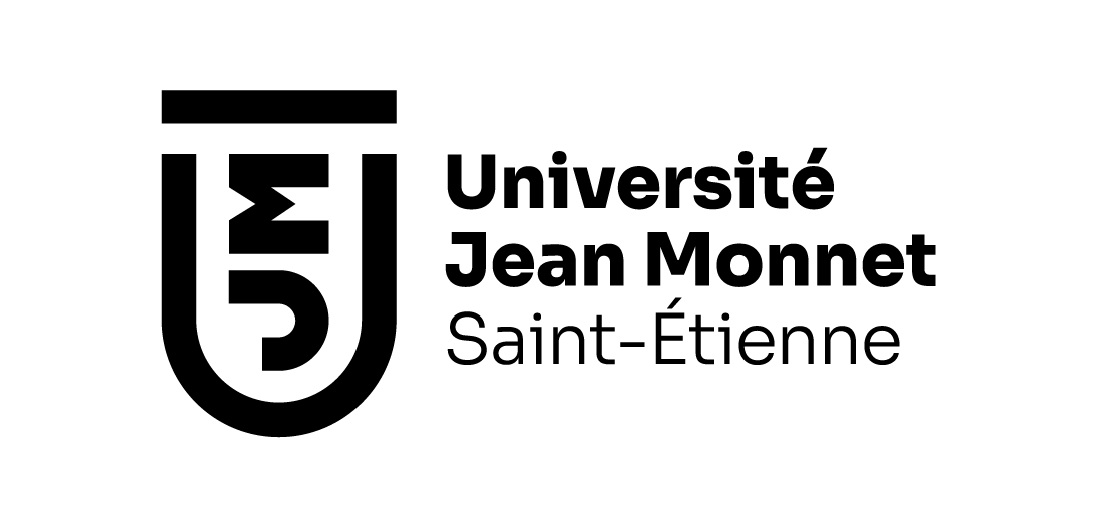Groupe d'Analyse et de Théorie Economique
Le "GATE Lyon-Saint-Etienne" (Groupe d'Analyse et de Théorie Economique) est une Unité Mixte de Recherche (UMR5824) rattachée au CNRS Sciences humaines & sociales, à l'Université Lumière-Lyon 2, à l'Université Jean Monnet-St-Etienne et à l'emlyon.
Dernières actualités
Voir toutes les actualitésNos axes de recherche
Axe Macroéconomie, finance et histoire
L'axe Macroéconomie, finance et histoire développe des recherches autour de trois thèmes principalement liés à l’économie monétaire.
Axe Théorie des jeux, choix collectifs et marchés
L’axe Théorie des jeux, choix collectifs et marchés est un axe de recherches en microéconomie théorique et appliquée.
Axe Economie comportementale
Les recherches menées au sein de l’axe Economie Comportementale porte sur la prise de décision et les interactions sociales.
Plus d'informations…Axe Développement, Institutions, Villes et Régions
L'axe Développement, Institutions, Villes et Régions (DIVeR) mène des travaux de recherche en microéconomie appliquée.
Prochains évènements
Retour à l'agendaWe aim to understand whether, in the simplest of possible settings to minimize any likelihood of informational mechanisms, peer effects and rule compliance still exist and if so why they do. We do this employing a sequence of online experiments, as well as an online field experiment, with representative samples of the US population and with pre-registered experimental designs. The basic setup of our online experiments involves a one-shot choice between two options implying the same or different payoffs, with control questions to check for understanding, attention to the task and reasons for the participants’ choices. In relevant treatments we add brief statements to elicit a pure preference for conformism, social norm compliance, a pure preference for authority compliance, or authority-given rule compliance. We find that over 9 out of 10 participants comply to an authority-given rule when this has no cost. Even with a non-trivial cost and controlling for participants who may have misunderstood the instructions or who were inattentive, around 60% of participants still comply. A preference for compliance to authority drives this effect. Conversely, we find no evidence of a pure preference for conformity as a potential source of peer effects. When there is zero cost, less than 50% of participants follow the choice of a peer: that is, less frequently than if the choice were random. When there is an even trivial cost, the probability of peer compliance (11%) is indistinguishable from a control treatment where no information about the choice of a peer is provided (7%). When there is a non-trivial cost, peer compliance is consistently around or less than 10%, even if there are as many as six peers who have engaged in the same action. We observe no evidence of peer effects with six peers, even at zero cost. Overall, while compliance to authority matters and underpins rule compliance, peer effects appear driven by mechanisms other than a pure preference for conformism.
This study examines the influence of AI-driven chatbots on decision-making within a one-shot Prisoner’s Dilemma context. By manipulating chatbot biases toward either cooperation or defection, and varying user awareness of these biases, the study observes significant e!ects on participants’ choices and beliefs. Notably, contrary to expectations, awareness of biases amplifies rather than diminishes the influence on cooperative behavior. These findings underscore
the roles AI systems play in shaping strategic human decisions and highlight the need for transparency in their deployment.
Derniers articles parus
Voir toutes les publicationsArticle dans une revue
2025
- ref_biblio
- Ilke Aydogan, Aurélien Baillon, Emmanuel Kemel, Chen Li. How much do we learn? Measuring symmetric and asymmetric deviations from Bayesian updating through choices. Quantitative Economics, 2025, 16 (1), 329-365 p. ⟨10.3982/qe2094⟩. ⟨hal-04911749⟩
- Accès au texte intégral et bibtex
-


- ref_biblio
- Aurélien Baillon, Han Bleichrodt, Chen Li, Peter P. Wakker. Source Theory : A Tractable and Positive Ambiguity Theory. Management Science, In press, 16 p. ⟨10.1287/mnsc.2023.03307⟩. ⟨hal-04964898⟩
- Accès au texte intégral et bibtex
-


- ref_biblio
- Yann Braouézec, Keyvan Kiani. Preventing Price-Mediated Contagion Due to Fire Sales Externalities : Strategic Foundations of Macroprudential Regulation. Operations Research, 2025, 73 (1), 40-60 p. ⟨10.1287/opre.2023.0237⟩. ⟨hal-04817941⟩
- Accès au bibtex
-

- ref_biblio
- Jiakun Zheng, Hélène Couprie, Astrid Hopfensitz. Collective risk-taking by couples : Individual vs household risk. Theory and Decision, In press, 31 p. ⟨10.1007/s11238-024-10021-z⟩. ⟨hal-04911748⟩
- Accès au bibtex
-

